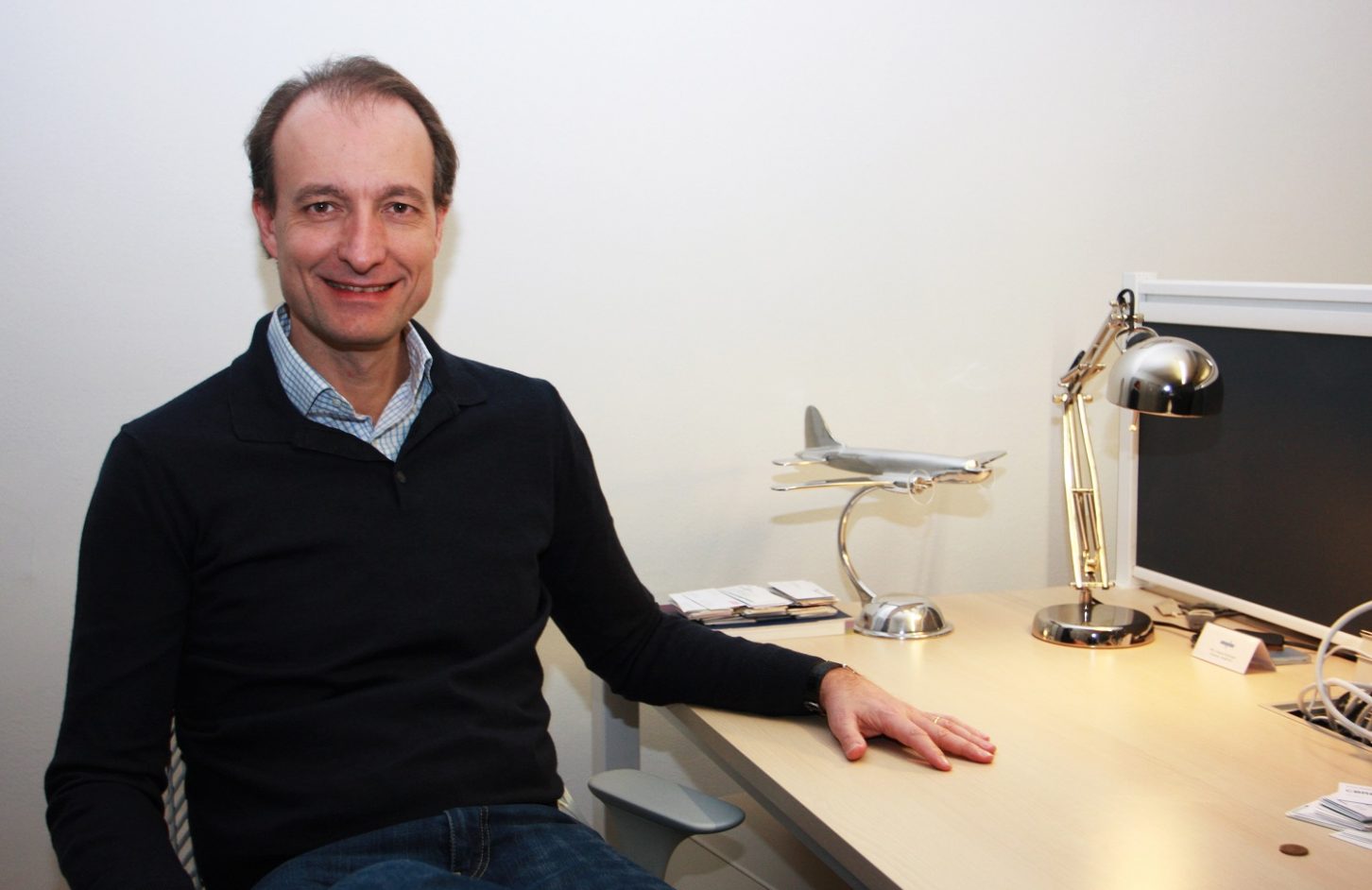Business planning is important. Forward-thinking can enable you to set clear objectives for individual members of your team, manage targets and perhaps more importantly, help with sales projections.
If you are a startup – with hopes of scaling up – planning becomes all the more important as you try to get to grips with your expanding workforce and client base.
But planning can not only help you manage your growth better, it can also serve to ensure new ideas have been assessed for commercial viability and to help value your business if a possible buyer comes knocking on your door.
“Most businesses run [their planning] on Excel and we need to put an end to that … It’s time for change and that’s why we created Anaplan,” Laurent Lefouet, managing director of EMEA at cloud-based business modelling and planning software firm Anaplan told Tech City News....

